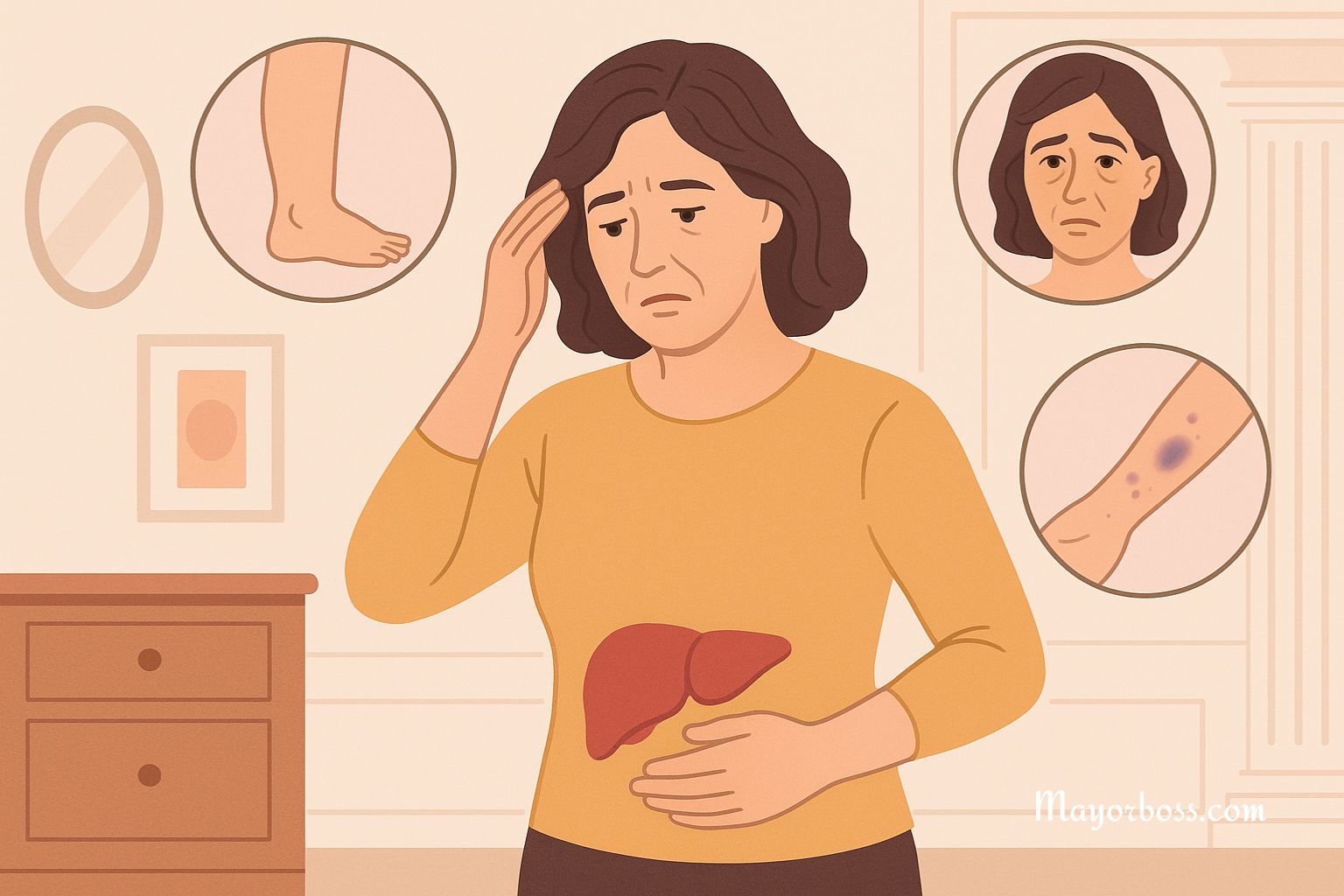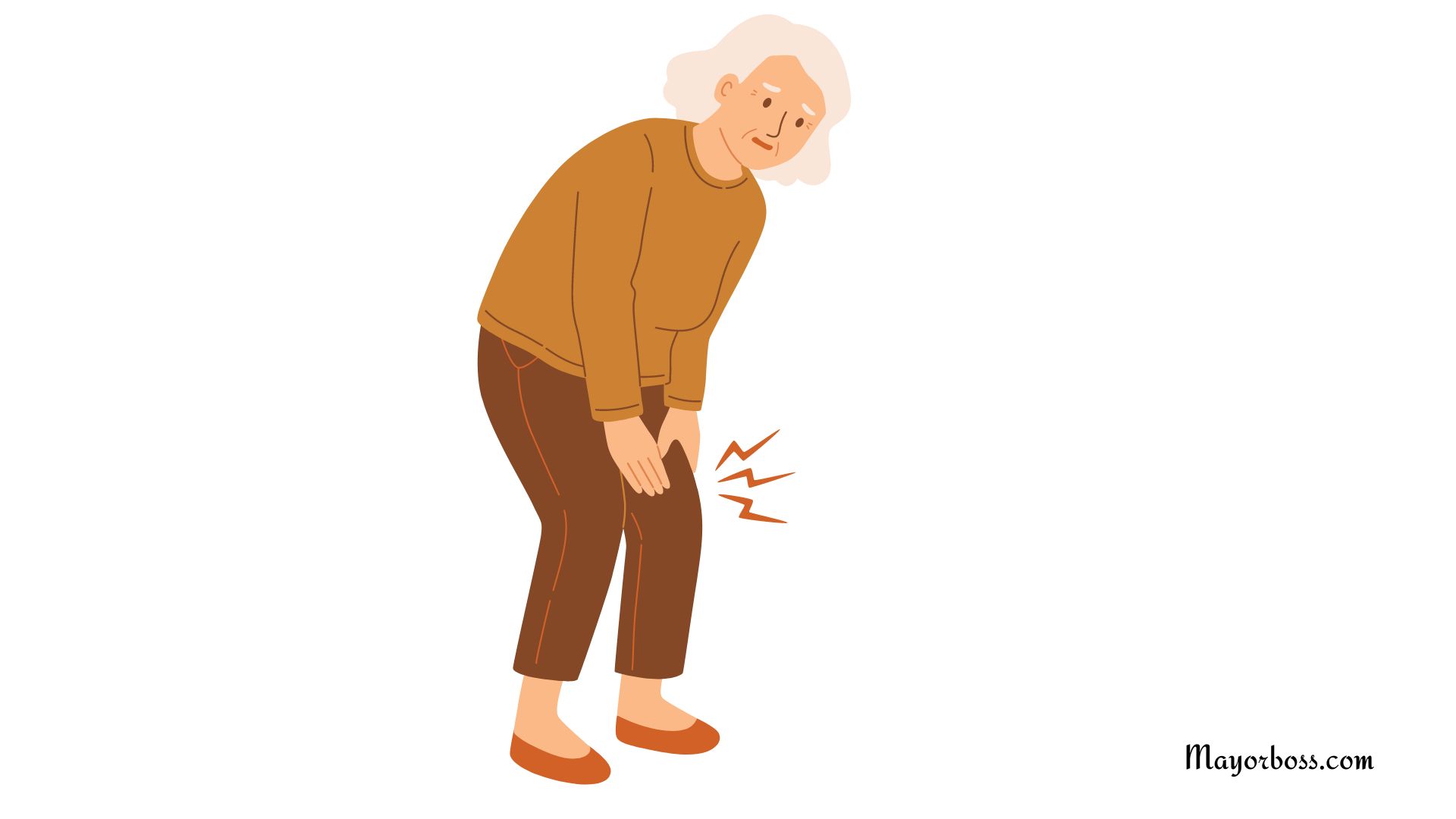4 Warning Signs Of Damaged Liver
Your liver works quietly behind the scenes, helping your body digest food, filter toxins, and store energy. It’s one of the few organs in your body that can regenerate its own cells. In fact, the liver can repair itself even after injury, but only up to a point. When the damage becomes too frequent or severe, its ability to recover gradually declines.
Many liver diseases, including hepatitis, fatty liver disease, and cirrhosis, develop silently. Symptoms often appear slowly and worsen over time. That’s why it’s so important to catch early signs of liver trouble.
If you experience any of the signs listed below, especially if more than one occurs, speak with a healthcare professional. Blood tests, imaging, and liver function tests can help identify the cause.
Here are the four key warning signs of liver damage that you should never ignore.

1. Unexplained Fatigue and Weakness
One of the most common early signs of liver damage reported by patients is constant tiredness. This isn’t just being sleepy at the end of the day. It’s a deep, ongoing fatigue that doesn’t improve with rest.
When your liver isn’t working properly, it can’t efficiently process nutrients or remove toxins from the blood. These waste products may build up, leading to feelings of exhaustion. You might also feel weak, sluggish, or mentally foggy.
If you notice that your energy levels have dropped without any clear reason, such as a recent illness or poor sleep, your liver could be under stress.
2. Yellowing of the Skin or Eyes (Jaundice)
Jaundice is a classic sign of liver dysfunction. It causes the skin and the whites of the eyes to turn yellow. This change happens when bilirubin — a yellow pigment formed when red blood cells break down — builds up in the body.
A healthy liver normally processes bilirubin and helps remove it. But when the liver is damaged, bilirubin starts to accumulate, leading to jaundice. You may also notice that your urine is darker than usual and your stool appears pale or clay-colored.
Jaundice is a red flag that your liver isn’t working as it should. It always requires medical evaluation.
3. Swelling in the Abdomen or Legs
Another sign of liver damage is swelling, especially in the belly (a condition called ascites) or in the legs and ankles (peripheral edema). This happens when the liver can no longer produce enough proteins like albumin, which helps keep fluid inside your blood vessels.
When albumin levels drop, fluid leaks out and collects in body tissues, causing swelling. You might feel bloated or notice your clothes fitting more tightly around your waist. Swelling in the legs or feet may be more noticeable in the evening or after standing for long periods.
If you find yourself dealing with swelling that doesn’t go away, it’s time to check your liver health.
4. Easy Bruising or Bleeding
Your liver plays an important role in making proteins that help your blood clot. When the liver is damaged, these proteins become limited. As a result, you may bruise more easily than before or bleed longer after a minor injury.
You might also see small red or purple spots on your skin (petechiae), or experience frequent nosebleeds or bleeding gums. These signs suggest your blood is not clotting as it should.
If you notice these symptoms and you haven’t had a recent injury or started new medication, it’s worth discussing with your doctor.
How to Support Your Liver Health
Preventing liver damage is often possible with lifestyle changes:
- Limit alcohol intake. Too much alcohol can scar the liver.
- Maintain a healthy weight. Obesity increases the risk of non-alcoholic fatty liver disease.
- Eat a balanced diet. Choose fruits, vegetables, whole grains, and lean proteins.
- Be cautious with medications. Some over-the-counter drugs can harm the liver in large doses.
- Avoid exposure to toxins. Household chemicals, pesticides, and some supplements can affect liver function.






